Science & Society

Educators and Parents, Sign Up for The Cheat Sheet
Weekly updates to help you use Science News Explores in the learning environment
Thank you for signing up!
There was a problem signing you up.
-
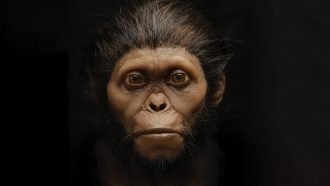 Humans
HumansHow scientists can get a better picture of our extinct relatives
Facial reconstructions of extinct species have historically been more art than science. Some researchers hope to change that.
-
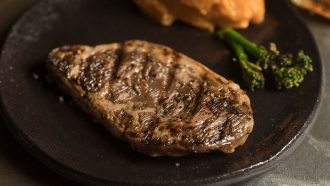 Tech
TechNo animal died to make this steak
The ribeye steak is the first of its kind, and the latest in a growing list of meats printed with a 3-D bioprinter instead of being harvested from an animal.
-
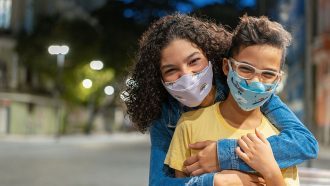 Materials Science
Materials ScienceCopper ‘foam’ could be used as filters for COVID-19 masks
The lightweight new material could serve as a washable and recyclable, eco-friendly alternative for many current mask filters.
By Sid Perkins -
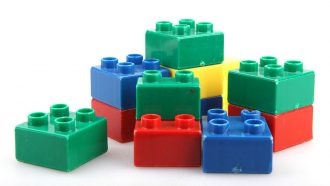 Psychology
PsychologyMost people will add something — even when subtracting makes more sense
People default to adding when solving puzzles and problems, even when subtracting works better. That could underlie some modern-day excesses.
By Sujata Gupta -
 Space
SpaceHere’s why people picked certain stars as constellations
Patterns of human eye movement help explain why particular sets of stars form iconic shapes, a high school student showed.
-
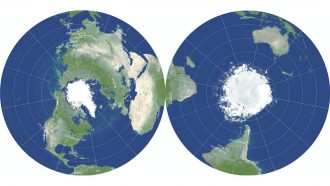 Earth
EarthEarth as you’ve never seen it before
Earth is a sphere. Flat maps distort features on that sphere, usually by a lot. Now three scientists think they may have the best solution yet for flattening the planet.
-
 Psychology
PsychologyToo much sitting could hurt your mental health
As inactivity increases, so does risk of depression and other mental health problems, new studies show. But breaks for even light activity can help.
-
 Health & Medicine
Health & MedicineSix tips to build more movement into your day
Most people don’t move enough. The trick is to do what you can whenever you can, even if it’s just standing up more than once an hour and walking a bit.
-
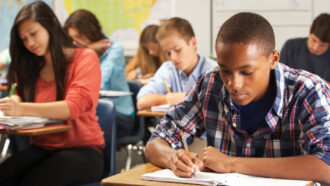 Science & Society
Science & SocietyHow schools can reduce excessive discipline of their Black students
Black middle- and high-school students miss four times as much school as white children due to suspensions. What might help shrink this discipline gap?
By Sujata Gupta -
 Health & Medicine
Health & MedicineBrown bandages would help make medicine more inclusive
Peach-colored bandages label dark-skinned patients as unusual, says med student Linda Oyesiku. Brown bandages expand who’s seen as normal.
By Sujata Gupta -
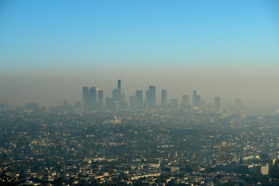 Environment
EnvironmentCOVID-19 cut pollution in 2020, warming the atmosphere
Pandemic-related lockdowns briefly warmed the planet. The reason: The cleaner air carried fewer planet-cooling aerosols.
By Sid Perkins -
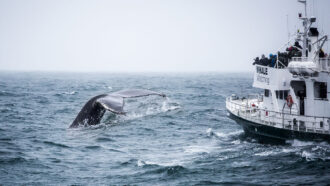 Math
MathExplainer: What is statistics?
Scientists use statistics to design studies, analyze data and evaluate uncertainty. You’ll find it in biology, climate change, medicine and more.